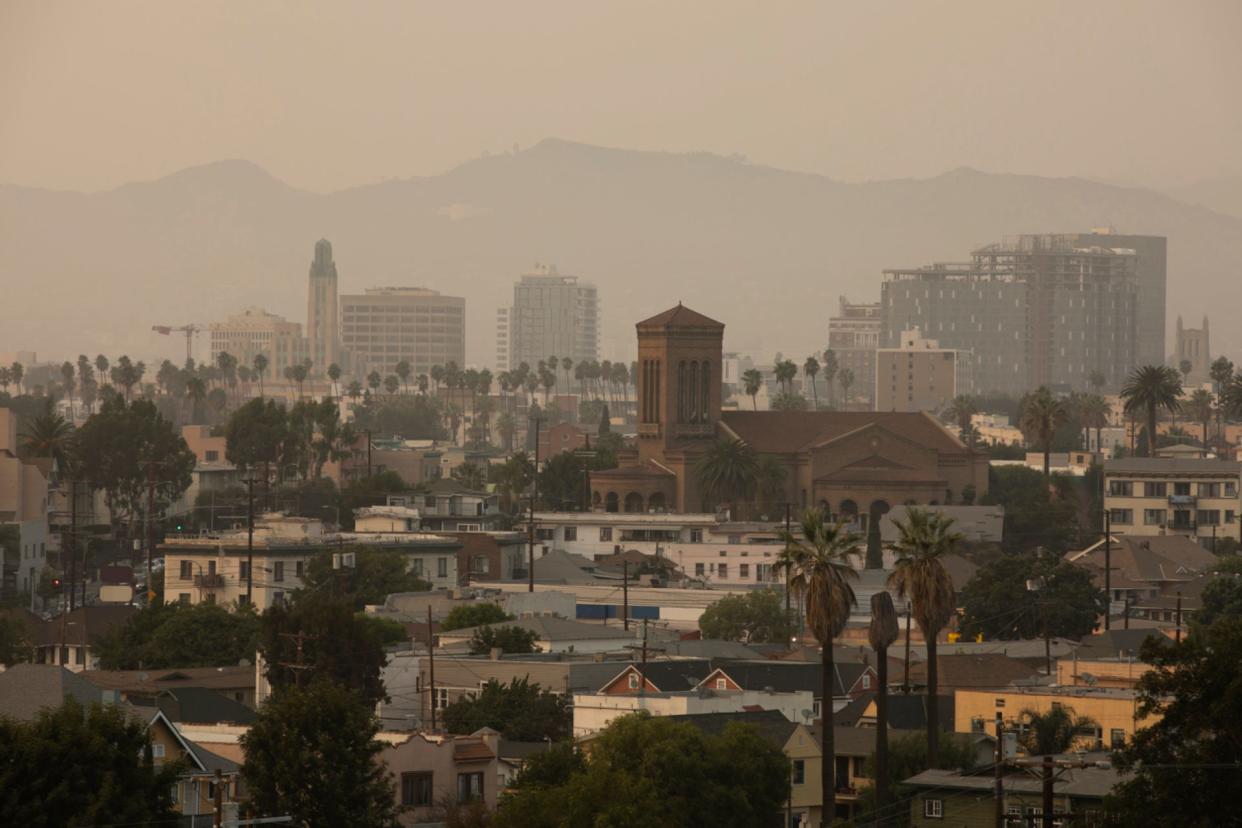Study reveals why residents of this major city are losing an average 12 years off their life expectancies — and it’s likely not what you think

Air pollution can have a dramatic effect on human health. Living somewhere with heavily polluted air leads to long-term health problems.
A recent study examining the toll taken by pollution concluded that residents of Delhi, India, were losing almost 12 years from their life expectancy due to tiny particulates in the air, The Weather Channel reported.
What’s happening?
The study used satellite data from 2021 to determine the amount of PM2.5 pollution in different areas. PM2.5 refers to particulates under 2.5 micrometers in size. Particulates this small can be inhaled deep into the lungs, causing breathing and cardiovascular issues, according to one report in the Journal of Thoracic Disease.
The recent study found that Dehli had the highest levels of PM2.5 pollution worldwide, The Weather Channel reported. Residents there were exposed to 126.5 micrograms per cubic meter of air — more than 25 times the World Health Organization’s recommended maximum of five micrograms per cubic meter.
Across India as a whole, the average was 58.7 micrograms per cubic meter, or almost 12 times the recommended level, The Weather Channel reported.
This might sound like a faraway problem, but some cities in the United States also suffer from particulate pollution. Statista reported that as of 2022, Oak Ridge, Tennessee, had a PM2.5 level of 33.5 micrograms per cubic meter, over six times WHO’s recommended level.
Why are these numbers concerning?
According to The Weather Channel, pollution numbers this high have a measurable and dramatic impact on human lifespans. The study found that Delhi residents have their life expectancies shortened by 11.9 years compared to someone living with the clean air that the WHO recommends. The average Indian loses 5.3 years of life expectancy.
To put this in perspective, the researchers compared these numbers to the reduction in life expectancy caused by cardiovascular diseases, the number one cause of death worldwide. According to the study, cardiovascular disease reduced the average lifespan of India’s residents by 4.5 years — making air quality a more severe threat to health.
What can be done about PM2.5 pollution?
According to the New York Department of Health, one of the most common sources of PM2.5 pollution is gas-powered vehicles — and Delhi is famous for its traffic.
Switching to electric vehicles, like this solar-powered seven-seat bike from Indian entrepreneur Asad Abdullah, could make a world of difference. This change becomes more possible every year as EVs become more and more cost-effective.
Join our free newsletter for weekly updates on the coolest innovations improving our lives and saving our planet.

